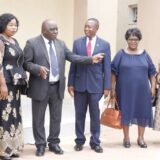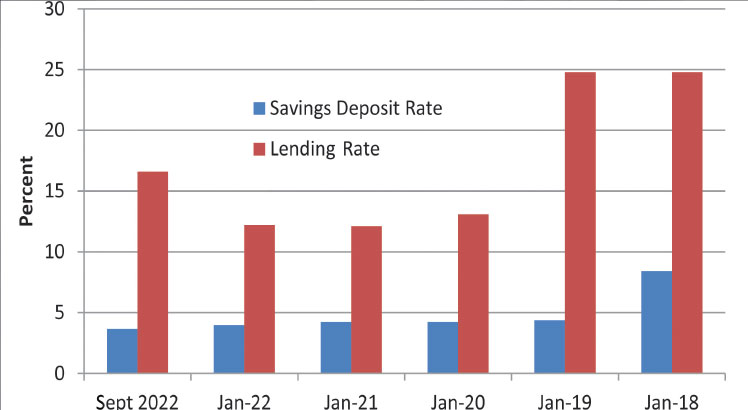Financial Market Dealers (Fimda) Association says Malawi needs long-term strategies to improve foreign exchange reserves to achieve a sustainable and sound foreign exchange reserves position.
The sentiments by Fimda follow Reserve Bank of Malawi (RBM) data which shows a slight increase in gross foreign exchange reserves under their direct control rise slightly to 1.36 months in November.
RBM daily financial market report published on shows that gross official reserves rose to $338.87, an equivalent to 1.36 months of import cover.
Fatch: Solutions we are seeking
are not long-term
In the month before, the gross official reserves dropped to $326.06 million, an equivalent to 1.3 months of import cover.
Fimda president Leslie Fatch, while indicating that any improvement in gross official reserves is good news for the economy, said sustainability of such growth is more important.
He said: “While growth in reserves position provides confidence in the interim, what is critical is if the same can be sustained in the medium to long-term. The sources of the recorded growth should be long term sources as this is more sustainable.”
Fatch said for a sustainable trade balance, focus should be on import substitution, the need to industrialise and promoteion exports as this is where management of trade balance lies.
He said: “This entails that the solutions we are seeking are not short-term, but medium to long-term as the underlying problems in our economy are structural. Much as we want the quick wins, we have to understand that the solutions will not have an immediate impact and we have to manage our expectations on the same.
“Once we do that, we should, as an economy, put the necessary efforts towards attaining those objectives which will bring the equilibrium to our trade balance and cure the chronic trade deficits,” he said.
Malawi is currently reeling under forex shortages, a situation which is affecting importation of basic and crucial items such as fuel and fertilisers.
RBM figures show that gross official reserves, under the direct control of RBM, at $338.87, an equivalent to 1.36 months of import as at November is a decline from $389.26 which is an equivalent of 1.56 months of import cover recorded during the same period last year.
Meanwhile, the World Bank has also urged authorities to implement measures that can boost its foreign reserves position by enhancing private financial flows, especially from Foreign Direct Investment (FDI) and remittances, while gradually reducing aid dependence.
In its bi-annual Malawi Economic Monitor published last week, the bank notes that unlike most developing countries, in Malawi, aid inflows are still by far the most significant source of foreign exchange which puts the country in a vulnerable state.
According to the World Bank, while aid is the largest inflow for Malawi, most of this support, especially from bilateral development partners, is off-budget which is retained by commercial banks and thus does not become part of official reserves.
RBM Governor Wilson Banda in a recent interview indicated that the central bank is indeed facing pressure to manage foreign exchange in the country as supply and demand imbalances continue to escalate.
He however was quick to mention that the government is also looking into other long term measures to boost exports and the country’s forex position.
The post Fimda urges sustainable forex reserves buffer appeared first on The Nation Online.
 Moni Malawi
Moni Malawi 

